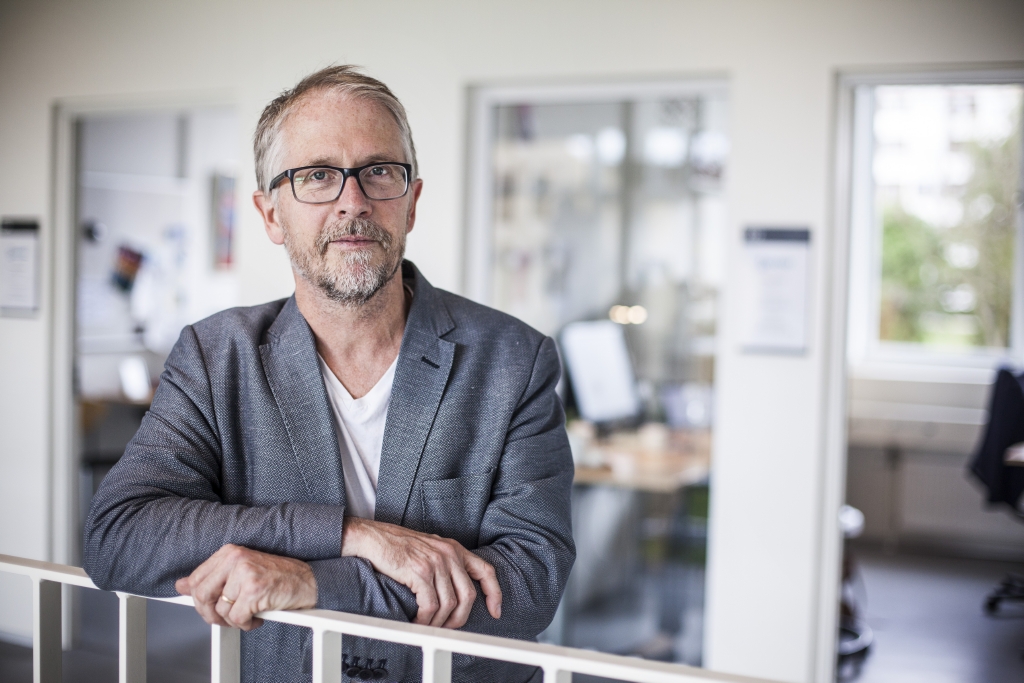Fundings for prediction of COVID-19 infection and clinical severity
The healthcare system and the economy are under pressure in many parts of the world due to the ongoing COVID-19 pandemic. With fundings from Independent Research Fund Denmark Professor Jørgen Kjems will, in collaboration with researchers from DTU and Rigshospitalet, develop a method that can detect the virus at very early stages of infection and, at the same time, predict the severity of clinical symptoms the patient may suffer.

One of the major challenges of reopening the community, during the ongoing COVID-19 pandemic, is having access to a rapid and reliable test for SARSCoV2 infection. With DKK 2.8 million from the Independent Research Fund Denmark Professor Jørgen Kjems and his collaborators, Professor Peter Heegaard, Centre for Diagnostics at DTU and Professor Peter Garred at Clinical Molecular Medicine, Rigshospitalet, will develop a method that can detect viral infection at very early stages and at the same time be able to predict the severity of the patient's course of disease.
Blood-based biomarker fingerprints
The method is based on the so-called 'APTASHAPE' technology, where billions of small biosensor molecules, based on RNA, provide a snapshot of proteins and metabolites in the patient's blood. Traditional antibody-based tests for COVID-19 can first be done 7-10 days after the infection, while the new system is based on the body's immediate response to an infection in the form of changes in the blood composition, which occurs already after 6-12 hours.
Since the test is based on a very detailed picture of changes in the patient's blood, it may also be able to detect underlying disease history that will have an impact on the COVID-19 course in the individual patient. The ultimate goal of the technology is to create a fast screening platform that can reveal if a person has been infected within a few days and at the same time warn of any complications due to their underlying disease status.
The Independent Research Fund Denmark received 370 applications (DKK 665 million) for a total of DKK 22 million granted for corona related research. Professor Jørgen Kjems and collaborators were among the only 3% successful applicants.
The news article is based on a press release from the Independent Research Foundation Denmark.
Contact:
Professor Jørgen Kjems
Interdisciplinary Nanoscience Center (iNANO)
Department of Molecular Biology and Genetics
Aarhus University
Email: jk@mbg.au.dk